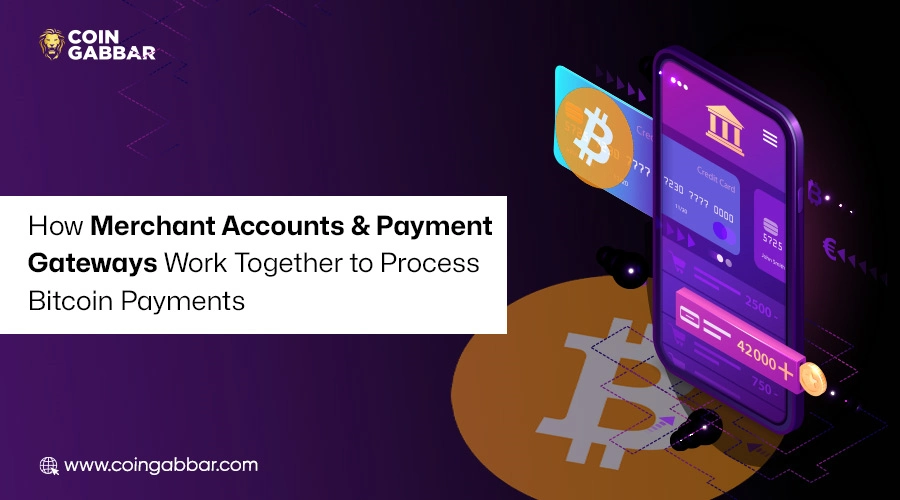
Let’s say you run a small ice cream truck. One day, a friendly kid wants to pay with Bitcoin, but you have no clue what that means. You don’t need to be an internet expert! With Bitcoin payments, accepting crypto can be as easy as scanning a code or ticking a box online.
This little guide will show you how it works—no geek speak, just plain talk.
Think of a merchant account like a temporary mailbox. When someone pays—whether it’s with a credit card or Bitcoin—the money arrives there first. It’s just sitting, waiting for your bank to pick it up. That's it.
Now, for Bitcoin, you use a “crypto merchant account.” It’s the same idea, but it’s built to handle digital coins instead of money in your pocket.
Have you ever noticed how easy it is to buy something online? You click “pay,” and boom—it’s done. That smooth step happens because of a payment gateway. It’s like a polite helper that checks, “Hey, is this legit?” before letting the money go.
For Bitcoin, a crypto payment gateway checks that the crypto is real, then sends it to your wallet. Some even swap it into regular cash for you. That means no waiting in bank lines or dealing with weird fees.
You don’t need to be a rocket scientist. Here’s how a local bakery could start accepting Bitcoin today:
Pick a Crypto Gateway You Like
Look for one with good reviews, clear pricing, and Bitcoin support.
Set Up Your Merchant Account
Fill in your info, upload documents—just like any signup.
Get a Crypto Wallet
It stores your Bitcoin. Use a multi-coin wallet if you plan to add other cryptos.
Tell Your Customers
Put up a sign or a note online: “We accept Bitcoin now!”
Why Bitcoin Payments Matter
Here’s the simple truth: Bitcoin payments can save you money and time. No big bank fees. No slow transfers. Plus, you can sell stuff to people anywhere in the world.
Also? Accepting crypto shows you’re open-minded and modern. Customers notice that.
The Bottom Line
You don’t need to learn computer languages or master blockchain stuff. Bitcoin payments are already working, and businesses (tiny and big) are using them right now.
From ice cream trucks to coffee shops, anyone can say, “Yep, we take Bitcoin.” It just takes the right tools and a tiny leap of faith.
And hey—if you can open a cash register, you can accept Bitcoin. No sweat
Shristy Malviya is a skilled English Blog Writer and Content Writer associated with Coin Gabbar, specializing in producing well-researched and SEO-friendly content on cryptocurrency, blockchain innovation, and financial technology. She is passionate about making complex industry topics accessible and valuable to a wide audience. Shristy’s work reflects her commitment to delivering credible and high-quality information that aligns with current market trends. Outside her writing career, she enjoys reading books, an activity that deepens her understanding of global markets and continuously inspires her professional growth.
1 month ago
Crypto market trends
1 month ago
Bitcoin price predictions